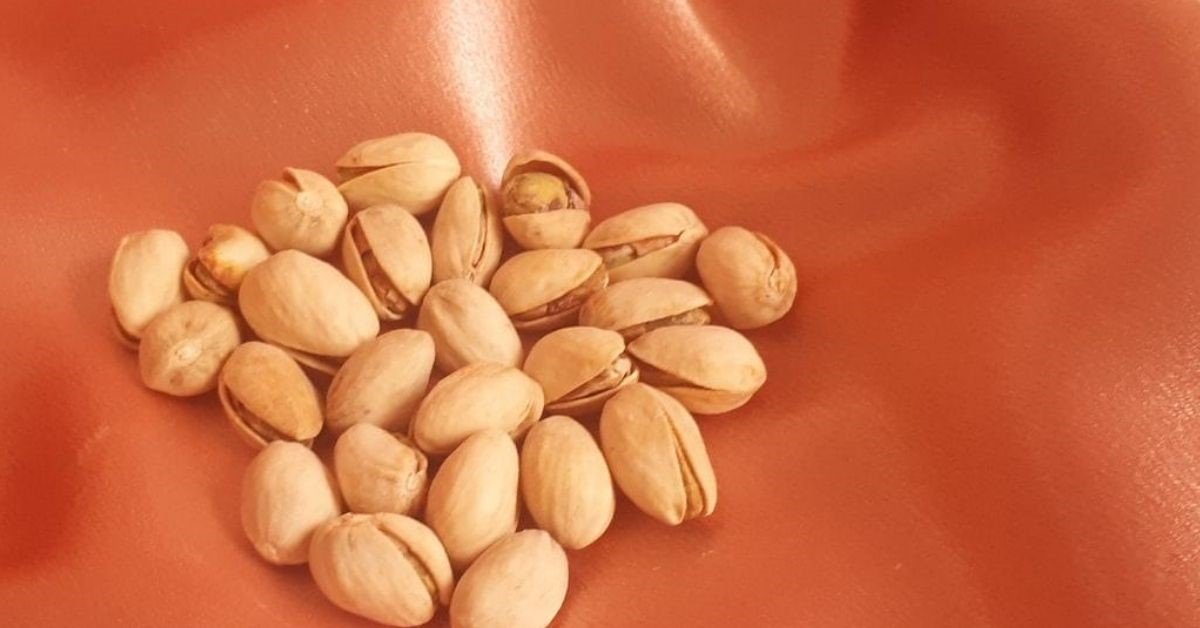Overview
Diabetes Type 2 is a lifestyle disorder. Lack of physical activities and consuming high carb food has contributed to its rise in the modern times. It raises blood sugar levels due to insulin resistance.
What you eat or avoid has a big impact on your sugar levels. Pistachios are good snacks for diabetes patients. These nuts are packed with vitamins, minerals, potassium, calcium and other nutrients.
PIstachios are rich in protein with a high percentage of good fat to deal with blood sugar levels and insulin resistance. Overall pistachios are very tasty, filling and healthy nuts for everyone including diabetics.
Diabetes type 2 is a reversible health condition. With the help of proper diet, exercise and medication diabetes can be effectively controlled.
Some people, who make the required lifestyle changes with full commitment are able to reverse it.
If you stop eating junk food snacks and replace it with pistachios, you may see significant changes within a month in your diabetes.
Why are Pistachios Good for Diabetes?
To live a long and healthy life people with diabetes type 2 should manage their blood sugar levels well and keep the cardiovascular health in check.
PIstachios offer both these benefits. They control blood sugar as well as improve cardiovascular health.
A 2014 study published in the Journal of the Society of Biomedical Diabetes Research found a statistically relevant connection between consuming pistachios and improvements in blood sugar levels and overall cardiovascular health in the people with Diabetes type 2.
In the study, researchers gave total 50 grams pistachio (25 grams twice daily) for 12 weeks to people with diabetes to find the benefits on glycemic control, blood pressure, obesity and inflammation markers in the diabetic patients (1).
Pistachios is low glycemic index and low glycemic load food. Both thses parameters determine how fast the carbohydrates turn into blood sugar. Low GI velie 55 and low GL below 10 is considered good for dealing with diabetes.
Pistachios contain higher amounts of monounsaturated fats and lower in saturated fats which are essential for a healthy diet. They improve your cardiovascular health.
These unsaturated fats alter the phospholipids in cell membranes, vitamins, minerals, fiber, magnesium, and selenium, all of which can improve insulin sensitivity.
A pistachio diet rich in monounsaturated fats relaxes blood vessels to remain open under stressful conditions. The role of polyunsaturated fats on insulin resistance has not yet been properly understood.
High magnesium content in pistachios also helps in better sugar management.
In addition to better sugar management pistachios also help in lowering cholesterol and blood pressure.
According to researchers pistachio diet reduces systolic blood pressure during sleep(2)
Pistachios have zero cholesterol. Antoxidents in it help lower bad LDL cholesterol and increase good cholesterol HDL.
This help prevent cardiovascular diseases due to phytosterol compound.
Obese people with diabetes type 2 should consume pistachio daily to improve their heart functioning.
How Many Pistachios Should You Eat in Diabetes?
All tree nuts are rich in fats so they are high calories food items. About 100 pistachios will weigh 56 grams and contribute 320 calories.
When eating, be sure to chew every nut individually and thoroughly to get the full benefit out of it. You will get a feeling of fullness and satiation in addition to better digestion of the nutrients.
All tree nuts offer multiple health benefits, but pistachios are better for diabetes type 2 patients. Daily consumption of 50-85 grams of pistachios is considered safe.
This is about 100-150 nuts. You may consume more pistachio nuts also but then you have to limit other foods to ensure your overall calorie count doesn't exceed the daily limit.
Takeaway
Pistachios are very healthy but to improve blood sugar management and cardiovascular health. Anyone with diabetes type 2 can consider adding pistachios in their regular diet.
If you decide to go on the diet then make sure that you do it under the supervision of a doctor who can monitor your progress and take corrective action if any is required.
1. https://www.ncbi.nlm.nih.gov/pubmed/25396407
2. https://www.ahajournals.org/doi/10.1161/HYPERTENSIONAHA.111.182147

